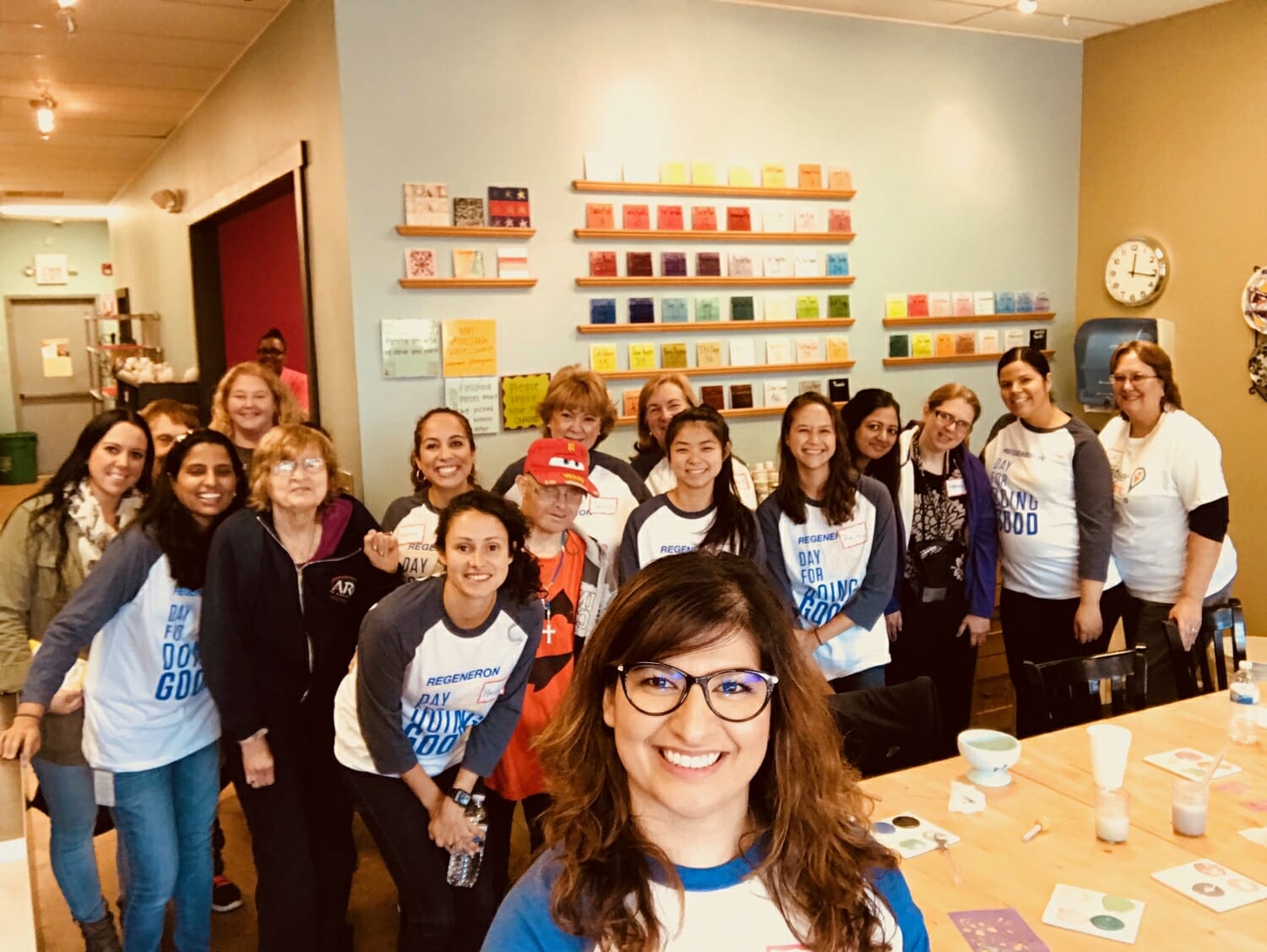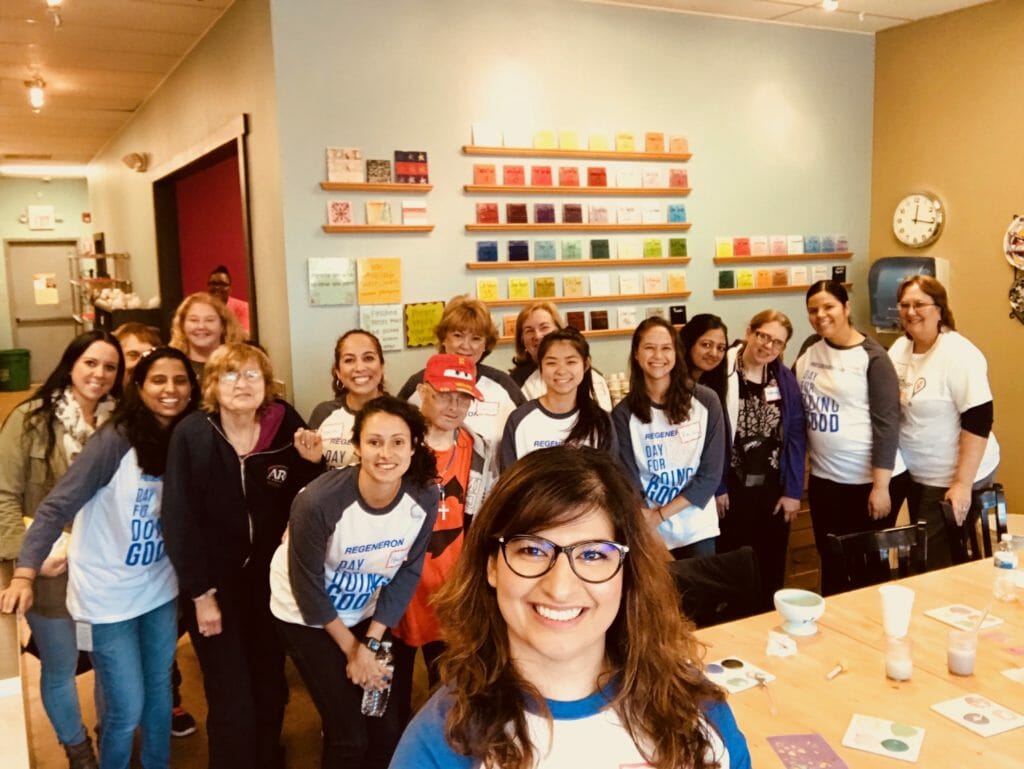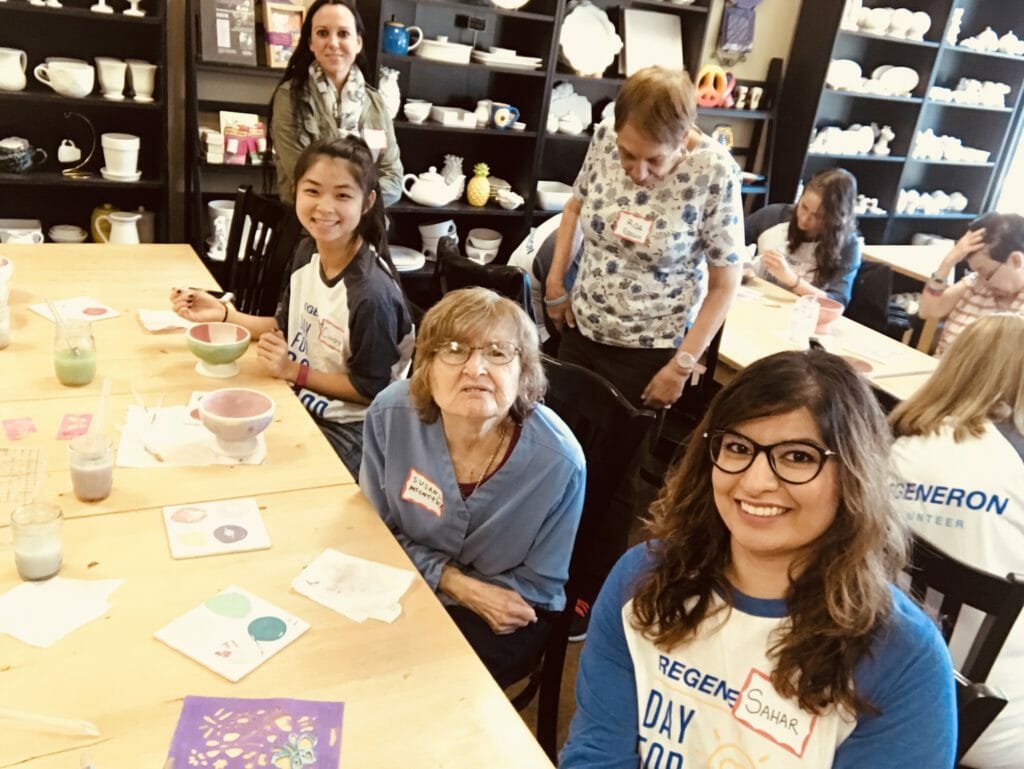New York Woman Is 24-hr Lifeline for Abuse Victims


Sahar Rizvi describes her 16 hour shifts as “another level” of volunteering – a kind of service filled with emotion, concern, thankfulness and relief.
As a metaphorical lifeline for abuse victims, Sahar is a Victims Assistance Services volunteer for the Westchester Community Opportunity Program (WestCOP). The 33-year-old Elmsford, New York resident is trained as a rape crisis counselor, but she is able to provide abuse victims with support, information and validation during their darkest moments, before connecting them with an advocate who can provide additional resources. Available 24 hours a day, seven days a week, WestCOP’s Victims Assistance Services help any adult, teen or child affected directly or indirectly by abuse of any kind through free, comprehensive and compassionate services. Their mission: to provide former victims the opportunity to regain a sense of dignity and wholeness.
Working to end violence through education, advocacy and public awareness, Sahar is doing her part as a volunteer for abuse victims, their families, friends and loved ones, and is today’s Daily Point of Light award honoree. Points of Light spoke to Sahar to learn more about her work with WestCOP.
Describe your volunteer role with WestCOP:
I started volunteering with WestCOP in 2017. As I work a 5 p.m. – 9 a.m. shift, I provide the individuals who call us with as much information as possible until the next business day when they can be connected with more resources. The victim will call the main line, and the call will be relayed to my phone. The individual can can provide their information or remain completely anonymous. I’ve had shifts where I get calls every hour, and some shifts where I don’t get any. The service is available to any victims in the Westchester, New York area, 24 hours a day, seven days a week.
How do these calls work? Who calls in?
My first priority is to listen to the caller and see how I can help. Sometimes people are calling in the middle of the night because they’re experiencing PTSD from a traumatic event. Some people are calling because the incident just occured, and they’re upset and crying. Some may already be receiving counseling, but they just need someone to listen to them. Once I’ve been able to get information from the caller, an advocate is assigned to them, and that advocate is able to provide help through federal funding which include legal resources, therapy, even resources if the individual is forced to miss work. Many people – and I included myself in this before I started volunteering with WestCOP – have no idea that making that one call can start the healing process.

What’s it like to be on the other end of the phone with someone who is desperate for help?
You want to make sure the person knows you are there to listen and help. I can’t say ‘I understand how you feel’, but the one thing I say to people is, ‘you are right in how are you feeling’, and I think that helps lots of people. It’s validation for them, where they might be experiencing some victim blaming, whether it’s at the hospital or police station. I also tell them this situation is not their fault, and it’s not justified in any shape or form. At the end of the conversation, it may be hitting this individual that they haven’t shared this story with anyone else in their life, but there’s someone on the other end of the phone who is now aware of what they are going through. The tone at the end of the call is a feeling I didn’t anticipate, you are relieving their burden to a certain degree.
Describe your inspiration behind volunteering.
I’d volunteered for the Red Cross and at my local hospital in high school, but this role at WestCOP was the first opportunity where I was able to work one on one with the individual I was directly helping. What makes me look forward to the days I am on call is that you are their point of light. I’ve been on a conversation where I feel hopeless and feel like I’m not doing anything, but the person on the other line is still thankful, and they breathe a sigh of relief. I’m grateful for those moments.
You first spotted this opportunity at your workplace. Explain.
I work in the pharmaceutical industry, at a company called Regeneron. I actually went to work for them in part because of their community spirit. There was an announcement for help needed at WestCOP in our lobby at work, which is how I first found the volunteer role. My company holds an annual “Day for Doing Good” event, of which I have been the project lead for the past two years. Our leadership puts their money where their mouth is when it comes to allowing employees to participate in community service events.
What’s one thing you want readers to take away from your service?
A lot of people don’t know about these services. I want to shed light on this volunteer work and raise awareness so that we can recruit more volunteers.
How can someone help WestCOP?
You can register for a free 10 week training that includes VAS Volunteer Helpline Counselor and/or Hospital Advocate training in addition to DOH Certified Rape Crisis Counselor training. Visit their website for more information: http://westcop.org/home/volunteer/.
Some numbers that describe WestCOP’s impact:
- Number of victims using the helpline: 430
- Number of sexual assault-related calls on the helpline: 314
- Approximately 73% of calls are related to sexual assault
- Accompaniments in local hospital ERs: 85
What future events do you have coming up that you’re excited about?
Check WestCOP’s website for more information about how you can help: http://westcop.org/home/volunteer/.
Do you want to make a difference in your community like Sahar Rizvi? Visit All For Good for local volunteer opportunities.
Post written by Marlena Militana.
